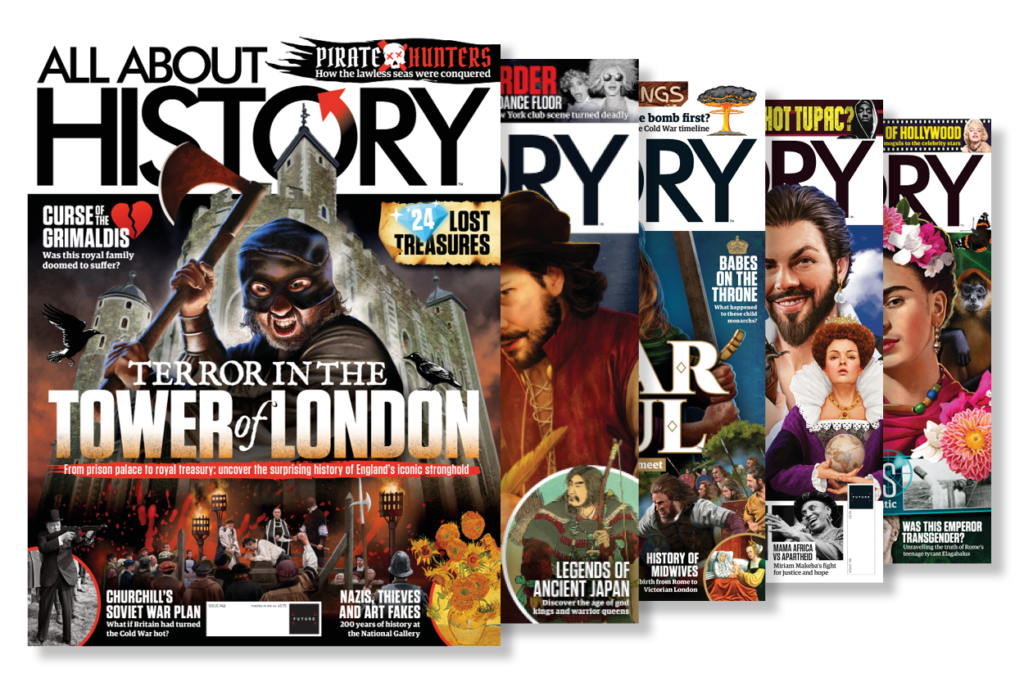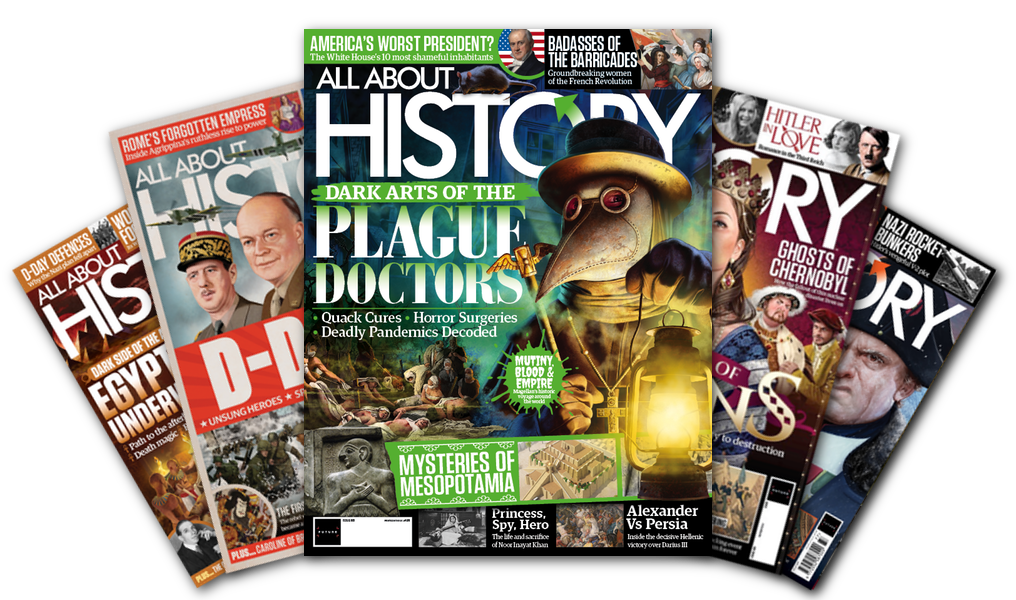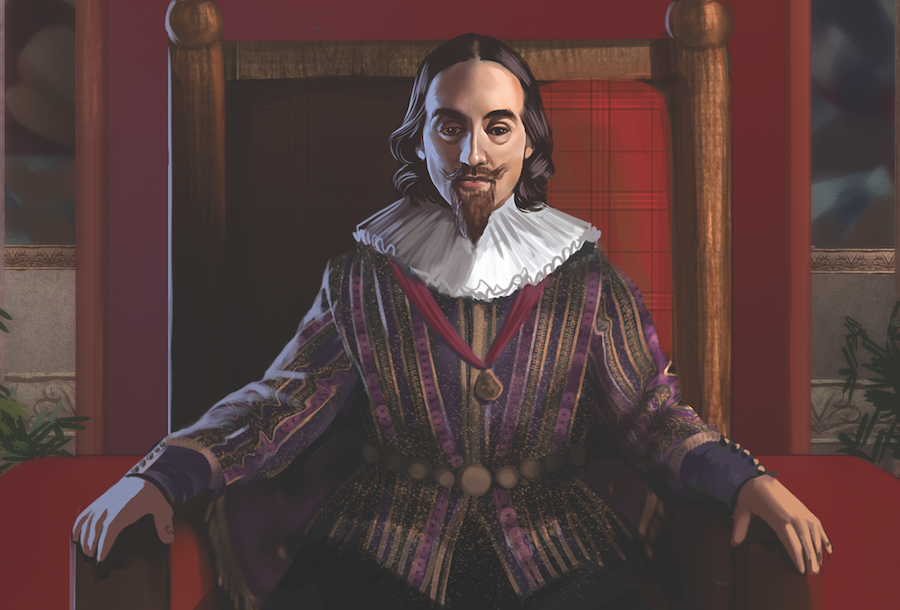Experts discuss the repercussions had the crown defeated parliament for the future of English rule
Subscribe to All About History now for amazing savings!
What would have happened if Charles I had won the Civil War?

An historian of the social and religious aspects of Early Modern Britain and Ireland, Dr Christopher Langley is a lecturer at the University of York and Newman University. He is in the process of publishing the book Worship, Civil War And Community, 1638-1660, which will focus on warfare and religion in the Civil War era.
Christopher Langley: A serious policy of purging national and local councils of those who were clearly disaffected with the royalist cause. Those who had changed sides would be tolerated in exchange for an oath declaring their allegiance – similar to the oaths administered by his son [Charles II] after 1660. Charles would have had to change his religious policy. A broad-based system would continue with bishops at its head, but perhaps local disciplinary structures may have been tweaked to allow local management. Extremists on either side (Presbyterian, Catholic or radical) would have been excluded.
John Morrill: It depends on whether it was won by a knock-out blow, such as complete victory at Edgehill or Turnham Green and a royal occupation of London, or as a result of a ‘winning draw’ – in which case, a negotiated settlement in which Charles agreed to honour the concessions he had made in 1640 and 1641 but not the new demands of 1642 and later.
Which battles would Charles have had to win to regain control in the war?
Langley: This is a difficult question as much depended upon political machinations after battles. I am inclined to mention that a decisive victory at Edgehill may have allowed for a more dramatic march toward the capital – the loss of any real royalist presence in the southeast severely hindered the war effort. A real royalist victory at the first Battle of Edgehill may have inclined some in Parliament to soften their stance and provide Charles with an important bargaining chip. Alternatively, Marston Moor in 1644 was critical as it had serious consequences for any royalist desire to connect supporters in Scotland, Ireland and the north of England.
What would have happened to Oliver Cromwell, the Roundhead Army and the Parliamentary supporters?

John Morrill FBA is Life Fellow of Selwyn College Cambridge and Emeritus Professor of British and Irish History. He is a prolific author of more than 120 books and essays, mainly about the civil wars of the 17th century and about the aftermath of the Reformation.
Langley: With the possibility of routing the New Model Army [the force raised by the Parliamentarians], the royalist negotiating position would have been much stronger. While Charles may have wanted the New Model disbanding, he would have had to deal with the arrears in pay accrued since its formation. If Charles would have carried the day early on in the conflict, Cromwell may have been imprisoned, but his position would not have been so prominent. After Marston Moor in 1644, Cromwell’s star really rose. Cromwell’s destiny would have been dependent on his own response. However, if he continued to oppose Charles and refused to accept his authority, he would have been executed for treason.
Would Charles now have complete power over the English Parliament?
Morrill: In the unlikely event of Charles winning an all-out victory, he would have attempted to resume Personal Rule [the period from 1629 to 1640 when he didn’t call Parliament]. With no foreign threat and the economy bouncing back from the wartime recession, he could probably have managed on the funds available but being Charles there would likely have been provocations. The genie of Puritanism was out of the bottle and it is almost impossible to see him behaving as sensibly as his son did in managing that problem.
Would England have regressed as a country without having a parliament?
Langley: Following the 1641 Triennial Act [requiring that Parliament meet for at least a 50-day session once every three years], Parliament would certainly have been recalled. The question of ‘when’ is more tricky. I am inclined toward thinking that Charles would have recalled a purged Parliament and pressured it to pass acts against treasonable figures. Of course, Charles would have had to deal with the ‘ordinances’ (rather than full-blown ‘acts’) that Parliament had passed in his absence. As many of these were associated with cash generation, one is inclined to feel that Charles would have kept some of them and rubber-stamped them as full acts. Following the fears of social unrest, the return to stability may have been greeted happily in some quarters. Parliament had already obtained concessions from Charles, so England would not have emerged from a Royalist victory as an absolutist state. Despite the 11 years when Charles ruled without a parliament, he had no designs on serious reform along the lines we see by ‘absolutist’ French kings later in the century.
What would have been the religious response?
Langley: Charles was committed to a broad Church of England with himself at the head, buttressed by a series of archbishops. In the event of any victory, Charles could not simply turn the clock back. If a decisive victory occurred before 1646 (when the Westminster Assembly abolished key parts of the Anglican Church) then less work would have had to be done. Pressure to reform the Church would have continued to exist and some Presbyterians at the Westminster Assembly were already pushing for a middle way.
Morrill: Charles believed he would answer to God for his actions as head of the Church. He also believed the Church of England was both Catholic and Reformed – that it was in direct descent from the apostolic church but had thrown off the corruptions introduced in worship and practice by bishops and patriarchs of Rome who had also claimed authority over all other patriarchs.
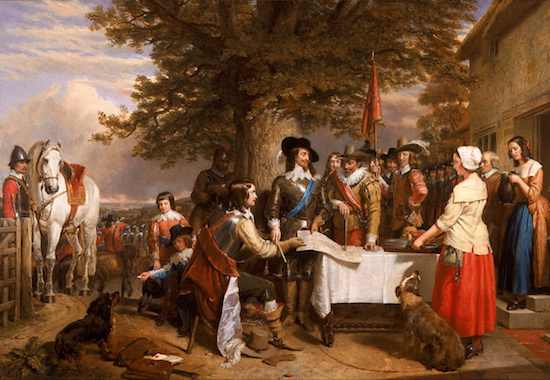
How would Ireland and Scotland have fared under Charles’ continued kingship?
Langley: Charles governed Scotland like his father: in absentia. I cannot see Charles becoming any more ‘hands on’ with Scotland if he had been victorious in England. The idea of one religious policy for England, Scotland and Ireland may have slowed down, but it was something to which Charles was committed. An English invasion of Scotland would have been avoided as it would have opened divisions in the English – many English puritans still saw Scotland’s Presbyterians as a beacon of hope and may have sided with them.
As for Ireland, the situation was different. Charles had significant pockets of support but more decisive action would have been needed. Victory in England would have allowed Charles to either change tactic or break off negotiations with the Catholic Confederation altogether. While Dublin and the Pale remained largely loyal, it is difficult to envisage Charles quelling Irish resistance without a land invasion.
Morrill: Charles could have left Scotland well alone. He had cut a deal with them in 1641 which we would nowadays call devolution max – self-determination and self-governance with him as puppet king. He could have tried to divide and rule, but it would have been low on his list of priorities as he tried to rebuild in England. Ireland as early as late-1642 was 85 per cent under Irish-Catholic control and he might well have cut a deal with the Irish Confederation – a kind of devolution max – so as not to have to pour money into reconquering Ireland. We might even have got the 1921 partition into Catholic South and Protestant North 300 years earlier!
What would have England been like in 1651 after a royalist victory?
Langley: Some historians have described the Cromwellian 1650s as a ‘police state.’ Charles may have feared similar dissent from disaffected individuals and chosen to do something about the unregulated printed presses in London and tried to control their output. The presence of many troops created problems for the Cromwellian regime – I see no reason why an army would not have caused Charles a headache, too. In Scotland, demobilised troops would have gone back to fight in the final stages of the Thirty Years’ War.
The religious experiments that took place in the 1650s under Cromwell would have been totally different under Charles. Charles would have attempted to settle England back to an Anglican middle-way – and there is plenty of evidence to suggest that moderate Anglicans dotted throughout 1650s England would have welcomed it. Religious dissent would have gone underground – like before the war – but would have perhaps led to problems in subsequent decades for Stuart rule.
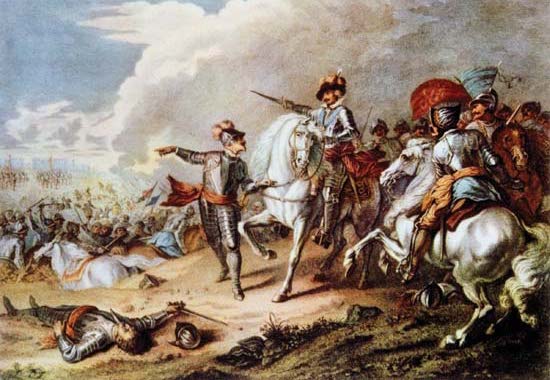
How would it have affected the likelihood of future revolutions in other nations?
Morrill: The inspiration of the English Revolution for later revolutions is precisely that; the revolution of 1649 and the extraordinary outpouring of radical writing in the years 1646-59 – Milton, Harrington, Algernon Sidney, Cromwell. If there was no 1649 revolution, none of those might have happened.
Originally published in All About History 17
Subscribe to
All About History now for amazing savings!
